Our skilled team specializes in delivering the highest level of care to children and adults in the region. As the only Level III Trauma Center on Navajo, Hopi, and San-Juan Paiute reservation, we offer specialized expertise in…
We use advanced technology to help us stabilize and treat our patients. We have on-site CT scanners and all-digital X-rays so we’re able to respond to emergencies quickly and efficiently.
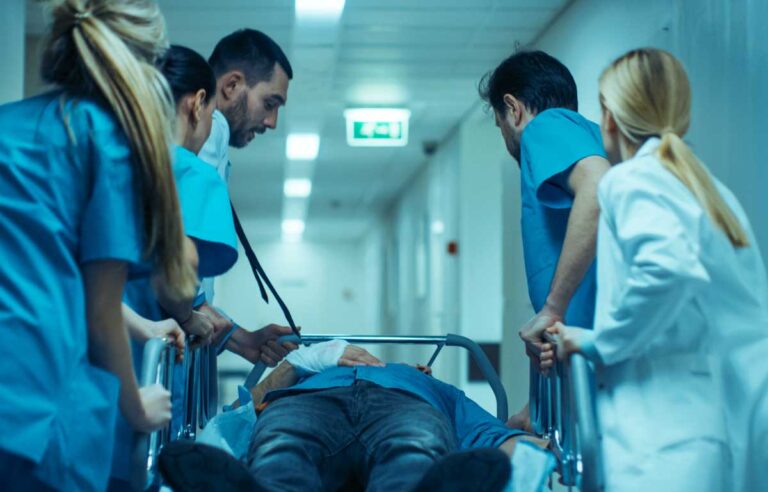
TCRHCC has been verified by the American College of Surgeons as a Level III Trauma Center since 2016.
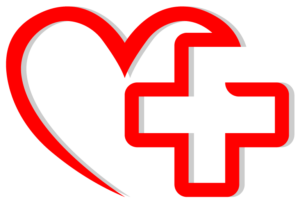
If you or someone you know is having a medical emergency, don’t wait!
Call 911 or go to the nearest emergency department

Emergency Department is staffed 24/7 and 365 days of the year with an Emergency Medicine residency trained Board Certified/Board Eligible Physician who have special training to care for the acutely injured/ill patient. All of our Advanced Practice Providers (PA/NP) have undergone specific training (ATLS) from ACS approved instructors to care for trauma patients under the direction of supervising physicians.
As a designated Level III Trauma Center, we are ready and open to provide care for acute traumatic injuries. The designation is from the American College of Surgeons.
The trauma team includes medical specialists such as emergency medicine, trauma surgery, anesthesia, orthopedics, radiology, pharmacy, and respiratory therapists.
The trauma team receives continuing education to stay up to date on the latest trauma care procedures and practices. TCRHCC has a dedicated operating room and a specially designed intensive care unit for complex cases.
When you arrive at triage, a nurse will examine you, review your symptoms, and ask about your medical history. We will ask for your name, date of birth, contact information and the name of your primary care provider. Patients with the most serious injuries or illnesses are seen first. The length of your visit depends on your condition and tests needed.
If your symptoms are not severe, you may choose to visit the Urgent Care instead.

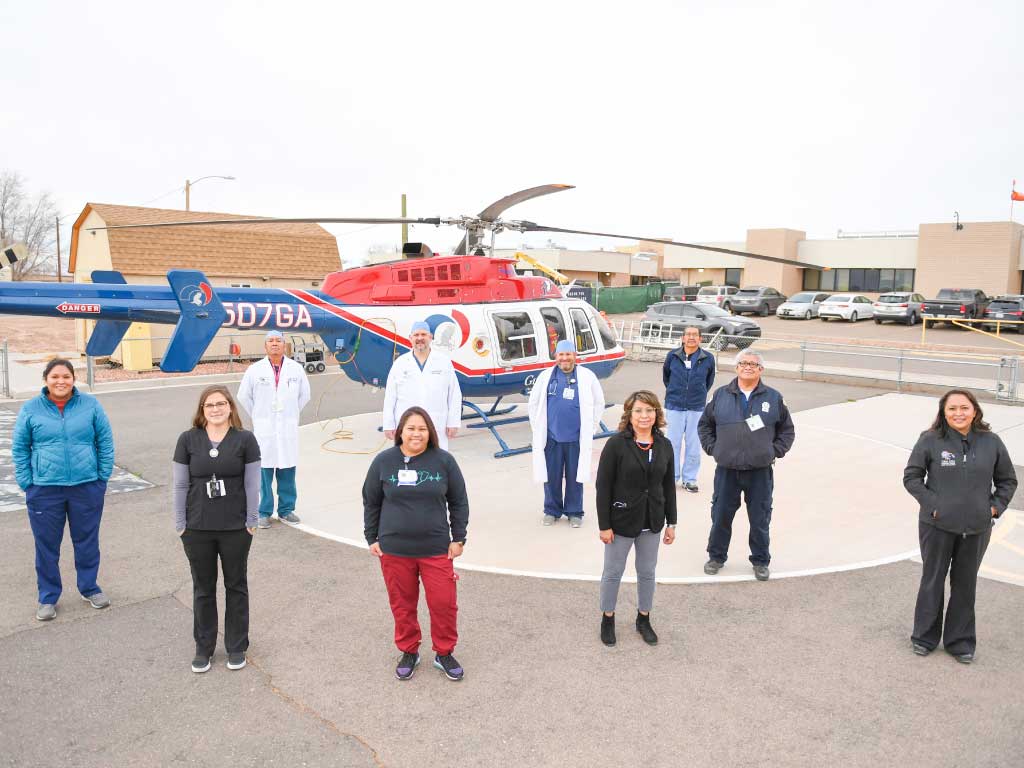
When a serious life threatening injury or illness happens, and the services require more advanced medical services or equipment, TCRHCC transports patients by helicopter to Level I or II hospitals in the area, such as Flagstaff Medical Center (Level I), or hospitals in Phoenix and elsewhere.
TCRHCC is serviced by many air EMS companies however Guardian Air (owned by NAH in Flagstaff) typically has a helicopter based here and is usually our first choice.16
Victim Services was previously known as the “SANE/SART Program,” which focused on sexual violence – sexual assault and child sexual abuse. Recently, the program expanded to include areas of domestic violence and strangulation, at which time the program was renamed Victim Services. (READ MORE).
Becky Johnson is a champion for victims of sexual assault and shares her story of life after a traumatic event.
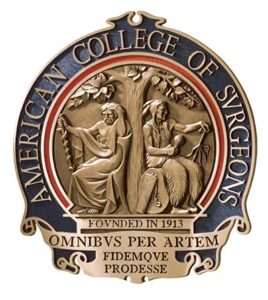
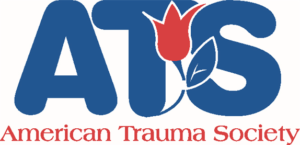
Tuba City Regional Health Care Center
Hours: 24 Hours a day, 7 Days per week
Phone: 866-976-5941
Tuba City Regional Health Care
167 North Main St.
PO Box 600
Tuba City, Arizona 86045
1-866-976-5941
© 2024 Tuba City Regional Heath Care Corporation.
All content on this site is copyrighted by Tuba City Regional Heath Care Corporation.